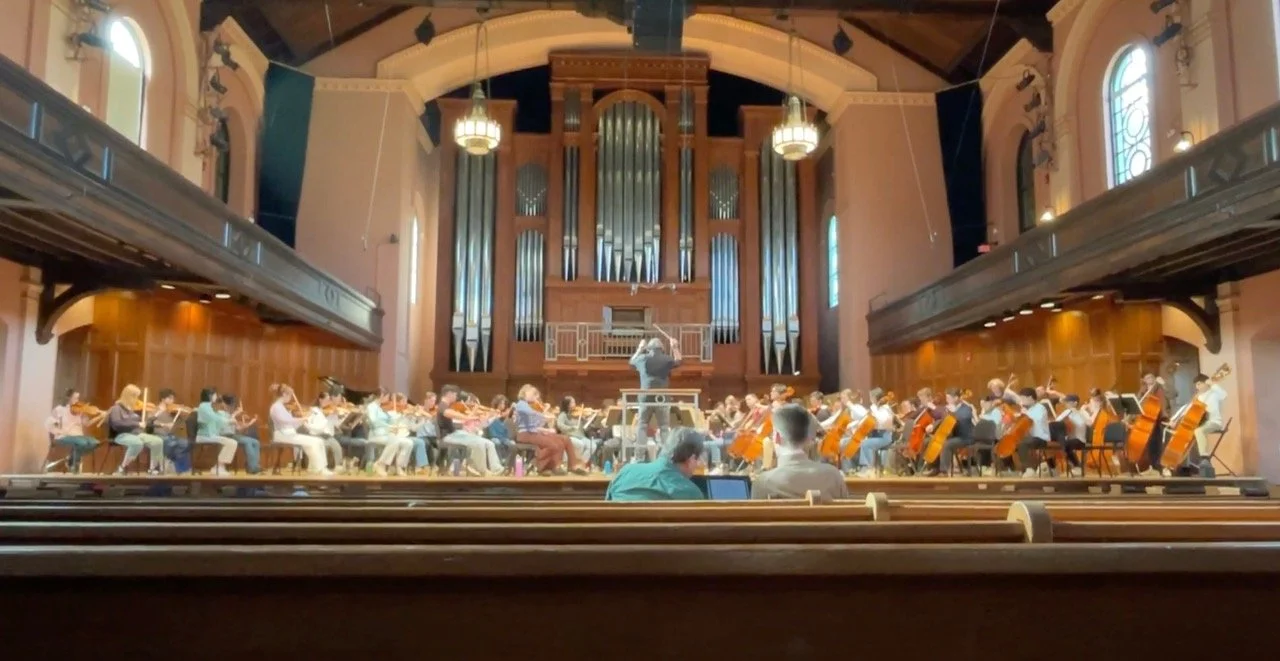“All Safe. Home Gone.”
a symphonic poem
In spring of 2023, I traveled to Acadia National Park in Maine. I was astounded by the extraordinary beauty of the tallest mountains on the east coast appearing to rise directly out of the North Atlantic. True to the Boy Scout within me, I brought along a guide book to learn about the sights and stories that surrounded me. One event in particular caught my attention: the fire of 1947. This disaster burned more than 10,000 acres of the park, destroyed hundreds of homes, and claimed the lives of 5 people. But the story doesn’t end there.
The fire brought a dramatic thinning of the boreal forest canope, and with this came more sunlight. New seeds blew in from the south, took root in the recovering soil, and grew. A new forest emerged with more biodiversity than the one that was destroyed. The autumn foliage that thousands flock to the park to see each year was made possible. We enjoy this beauty, but it is rightfully tinged with melancholy. It is a beauty that shouldn’t be.
“All safe. Home gone.” tells the story of this contradiction, progressing from a lamentation of the landscape lost to a rehashing of the nightmare and the emergence of a new vision. The final melody, spun out from the opening phrases of the English horn solo, is my recollection and exaltation of the pristine view from the top of Sargent Mountain.
The title is an abbreviated message the American Red Cross used in the wake of the fire to quickly catalog the condition and needs of those affected by the fire who called them for assistance. Four words say it all. The place was marred, but the community survived and rebuilt, allowing the place to become a thing of beauty once more. Nature is glorious yet fragile. It is our duty to prevent the loss of any piece of the shared home that is Earth.
Matthew Thomas Brown
Reading session with the Oberlin Orchestra, 10/28/2
Duration
10 Minutes
Year of Composition
2024
Instrumentation
2+picc.2+CA.3.2+cbsn - 4.3.3.1 - t.2p.pno - str
